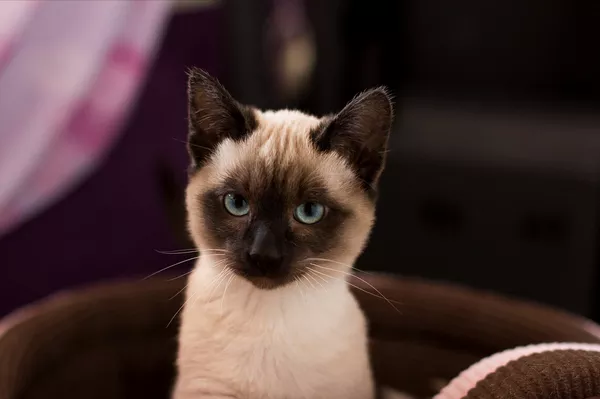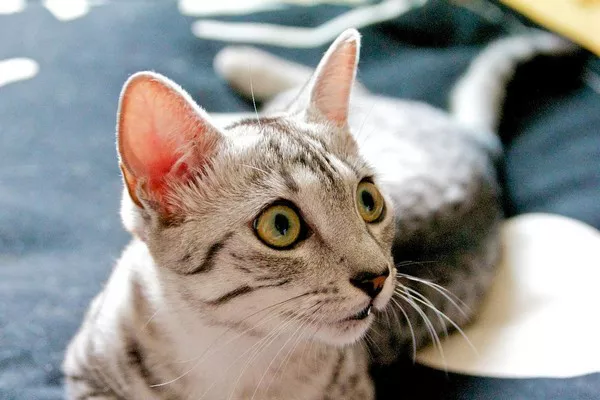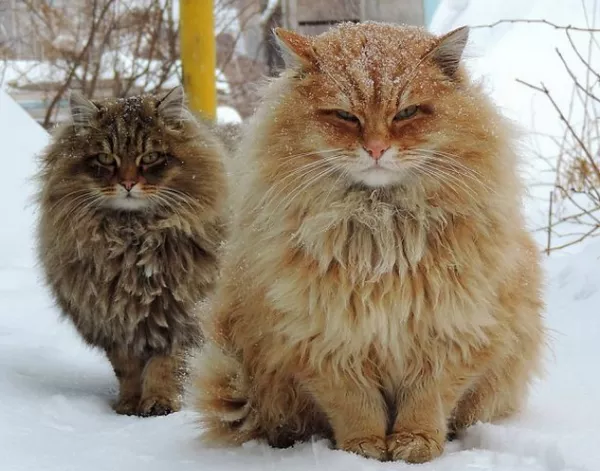Intriguing insights from animal behaviorists suggest that our feline companions may be more attuned to their owners’ personalities than previously thought. Cats, known for their independence and distinct characters, might actually mirror certain traits of their human counterparts, according to experts consulted by Newsweek.
Sylvie Sterling, a prominent cat behaviorist based in Los Angeles and the proprietor of the Feline Soul Academy, posits that cats often serve as emotional mirrors, reflecting their owners’ emotional states. Sterling elaborates on how specific feline characteristics might align with those of their human companions.
For instance, a cat that habitually hides under the bed when visitors arrive could be echoing the social discomfort of its owner. Conversely, an aggressive cat might reflect the anger and irritability of its human caretaker, while a timid cat might be a reflection of someone who tends to be overly accommodating.
Sylvie Sterling emphasizes the significance of recognizing these patterns, asserting that understanding these parallels can prompt behavioral adjustments or facilitate healing. “Once the human changes their behavior, so will the cat,” she asserts, emphasizing that the key to a contented cat lies in the happiness of its owner.
Sterling’s observations are corroborated by a study published in the online journal PLOS One. This research explored the relationship between owner personalities and the lifestyles to which their cats are exposed, with over 3,000 cat owners participating in the survey.
The study found correlations between cat behavior and owner personality traits. Cats exhibiting high levels of “gregariousness” were associated with owners who displayed greater extroversion, while aloof or avoidant cats tended to belong to owners scoring lower in traits like openness, conscientiousness, and agreeableness.
Additionally, owners of overweight cats displayed lower levels of agreeableness but higher neuroticism scores, while those with underweight cats also scored low on agreeableness but higher on extroversion.
However, animal trainer Wylde cautioned against drawing overly simplistic conclusions. He affirmed that while there are general correlations between an owner’s personality and their cat’s behavior, felines remain highly individualistic creatures influenced by genetics and their environment.
Wylde emphasized that a cat’s upbringing, daily life, and genetics play substantial roles in shaping its personality, suggesting that the owner’s personality is less likely to be the primary driver of destructive or feisty behavior.
In conclusion, while intriguing parallels between cat and owner personalities exist, experts concur that cat behavior is a complex interplay of numerous factors, including genetics and environmental influences, with the owner’s personality serving as just one piece of the puzzle.


























